When disaster strikes, communities often find themselves in desperate need of support, and that's where we come in. We're reaching out to share the importance of contributing to emergency relief efforts that can truly make a difference in the lives of those affected. Every donation, no matter how small, has the power to provide essential resources and hope during the toughest times. Join us in our mission to lend a helping handâread on to discover how you can take part in this vital cause.

Urgency of the Situation
Natural disasters, such as earthquakes that struck Haiti in 2010, can create urgent humanitarian crises, leading to the need for immediate financial assistance. In the wake of such events, thousands of families often find themselves displaced, lacking access to essential resources like clean water and medical care. Organizations like the Red Cross mobilize quickly, deploying emergency relief teams to affected regions, where rapid response is crucial in preventing further loss of life. Each donation helps provide vital supplies, including food, shelter materials, and sanitation kits, addressing the immediate needs of those impacted by disaster with the hope of rebuilding their lives and community resilience.
Clear Call to Action
In the wake of unprecedented natural disasters in regions such as Florida and Puerto Rico, communities are grappling with devastating impacts. Thousands of families have lost homes due to hurricanes and floods, with recovery efforts estimated to cost billions in federal aid. Local shelters are overflowing, and immediate assistance in the form of food, water, and medical supplies is urgently needed. Organizations such as the Red Cross are mobilizing volunteers to deliver essentials, but they require financial support to sustain these life-saving operations. Your contribution, no matter the size, can provide shelter to those in need and help rebuild lives. Act now to make a difference; donate today to aid emergency relief efforts and restore hope to affected communities.
Emotional Storytelling
In the aftermath of the catastrophic earthquake that struck central Turkey on February 6, 2023, communities are left in despair as families search through rubble (the remnants of their homes) for any sign of life or their cherished belongings. An estimated 59,000 buildings collapsed, forcing countless individuals to seek shelter in makeshift camps and crowded community centers, where basic supplies are in dire need. The emotional toll is profound, as parents struggle to explain the sudden loss of loved ones and children navigate the traumatic aftermath without the security of their homes. Essential supplies such as food, water, and hygiene kits are urgently required, with donations directly impacting the lives of survivors. Organizations working on the ground report that every contribution can provide critical support, helping people rebuild not just their homes, but also their shattered lives. Your help can restore hope and dignity to those who have lost everything.
Transparency and Accountability
Emergency relief donation appeals focus on the importance of transparency and accountability in the allocation of aid. Charitable organizations, such as the International Red Cross or UNICEF, emphasize efficient use of funds, ensuring that donations reach affected communities swiftly and with proper oversight. Monitoring mechanisms, including financial audits and progress reports, highlight the impact of contributions during crises like natural disasters or humanitarian emergencies. Additionally, communication channels, such as social media updates and newsletters, keep donors informed about the utilization of their donations, fostering trust and encouraging future support for vital relief efforts.
Donation Impact Explanation
Emergency relief donations play a crucial role in aiding communities affected by disasters, such as hurricanes or wildfires, providing immediate assistance and long-term recovery support. Contributions help supply essential items like food, clean water, and medical supplies, significantly improving survival chances for displaced families. For instance, in events like Hurricane Katrina in 2005, donations facilitated the distribution of over 10 million meals within the first few weeks. Funding also supports rebuilding efforts, such as repairing homes and schools, fostering community resilience. Organizations like the Red Cross leverage these funds to implement rapid response teams, ensuring vulnerable populations receive help during critical times, ultimately restoring hope and stability.

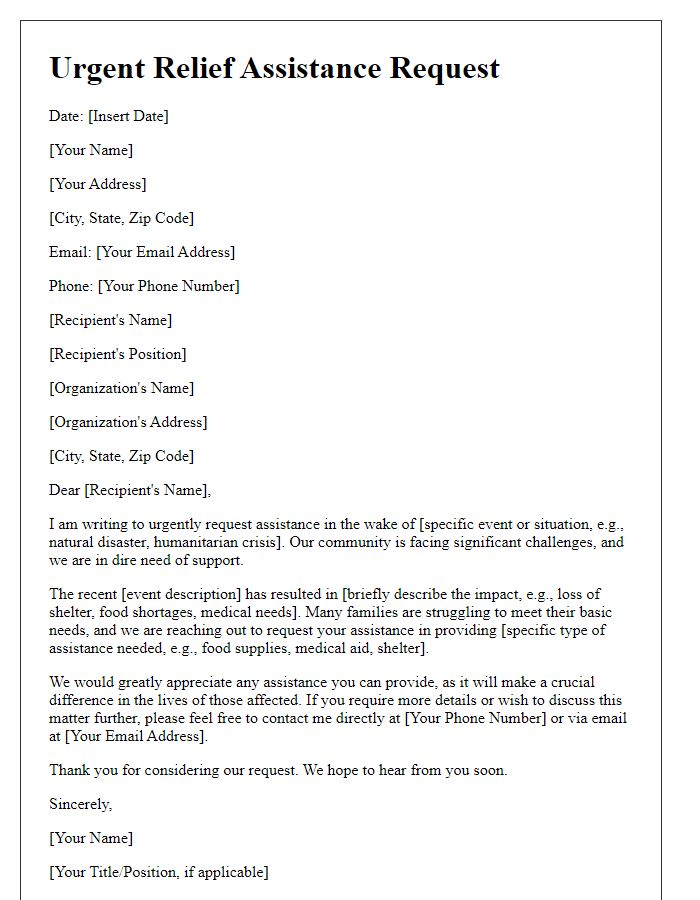
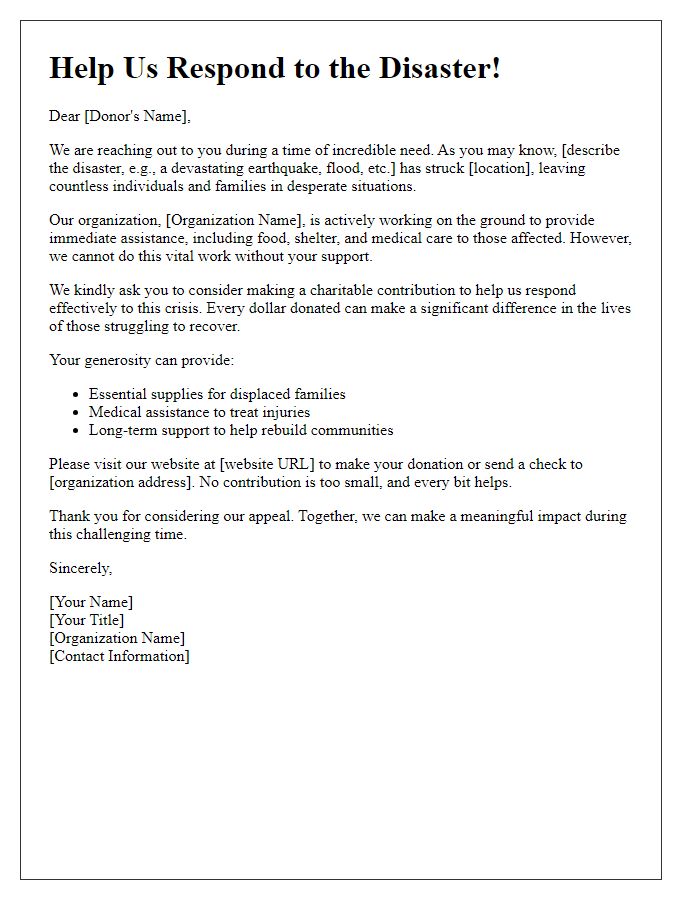
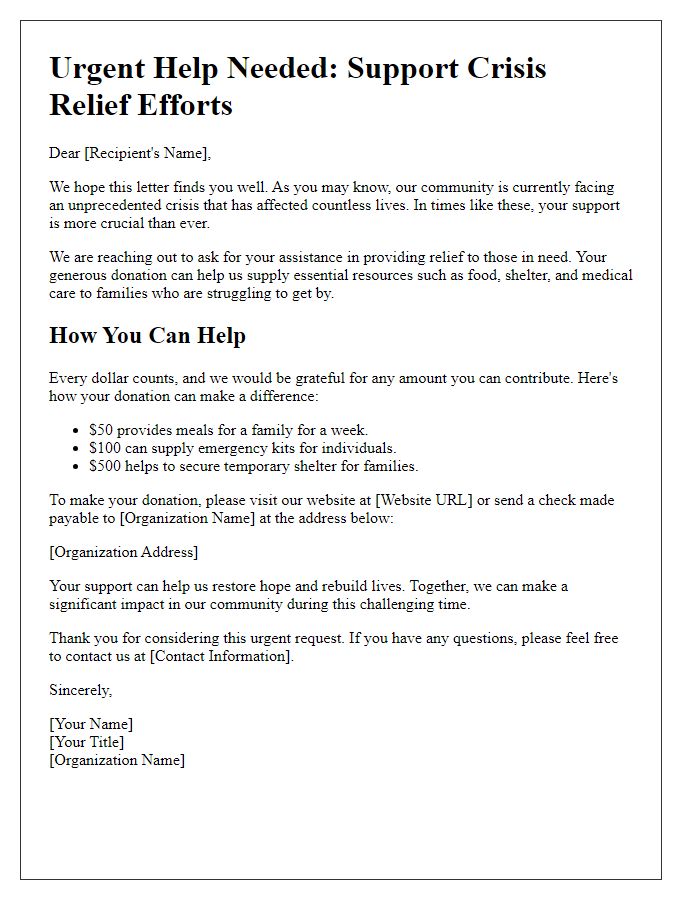
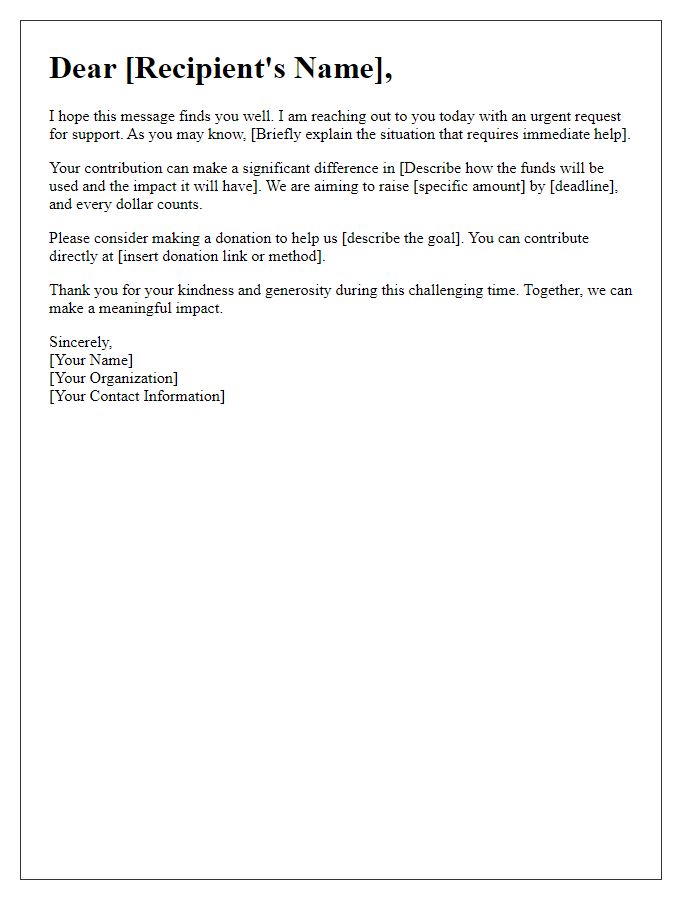
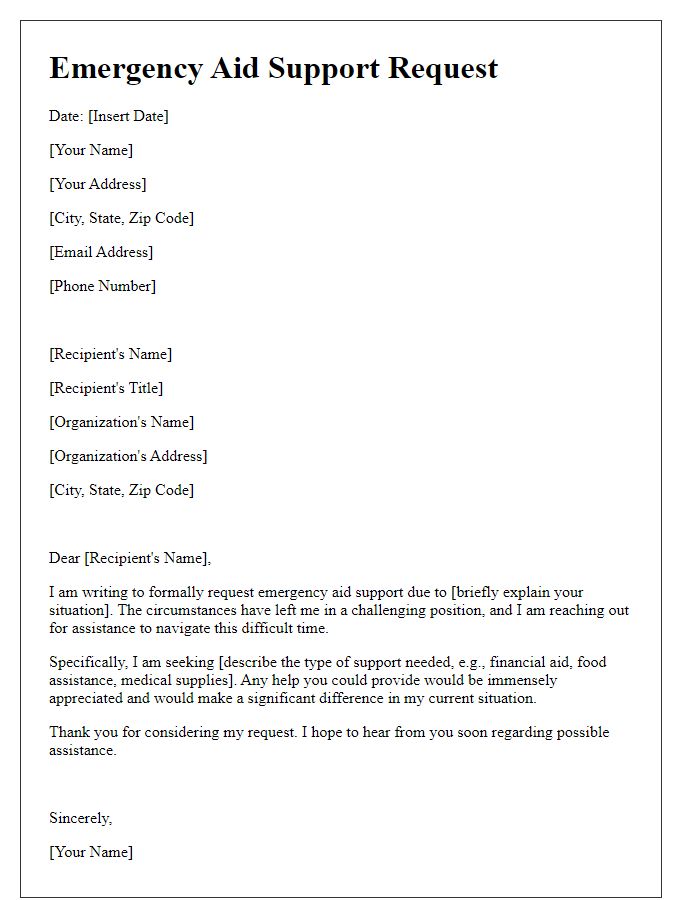
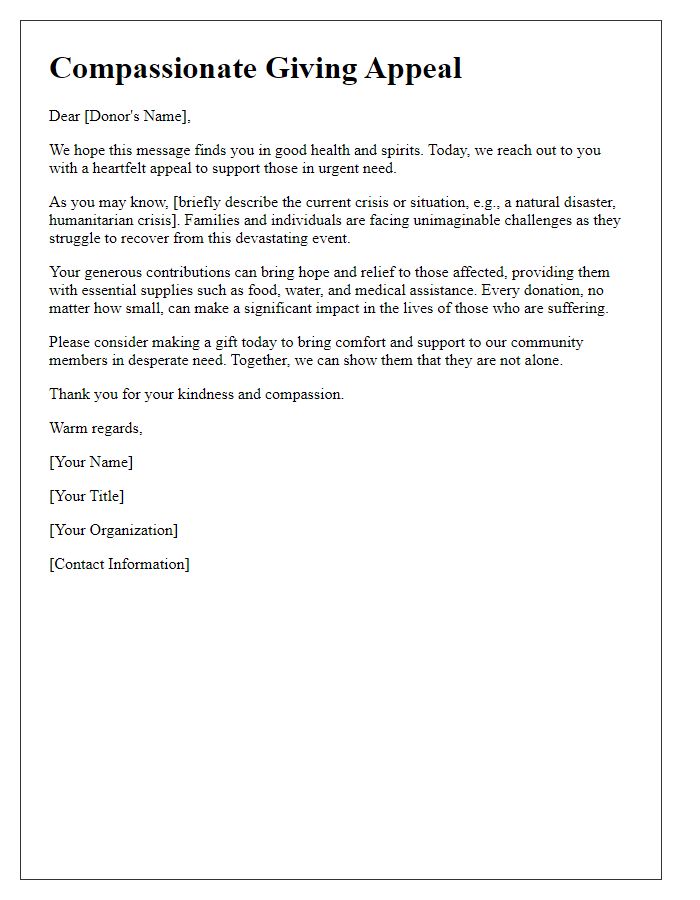
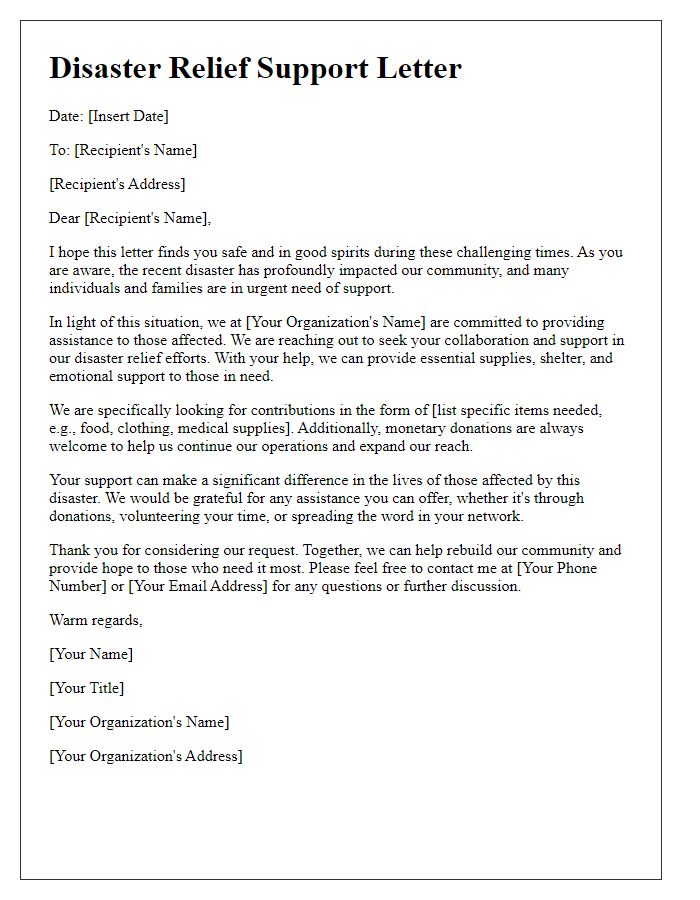
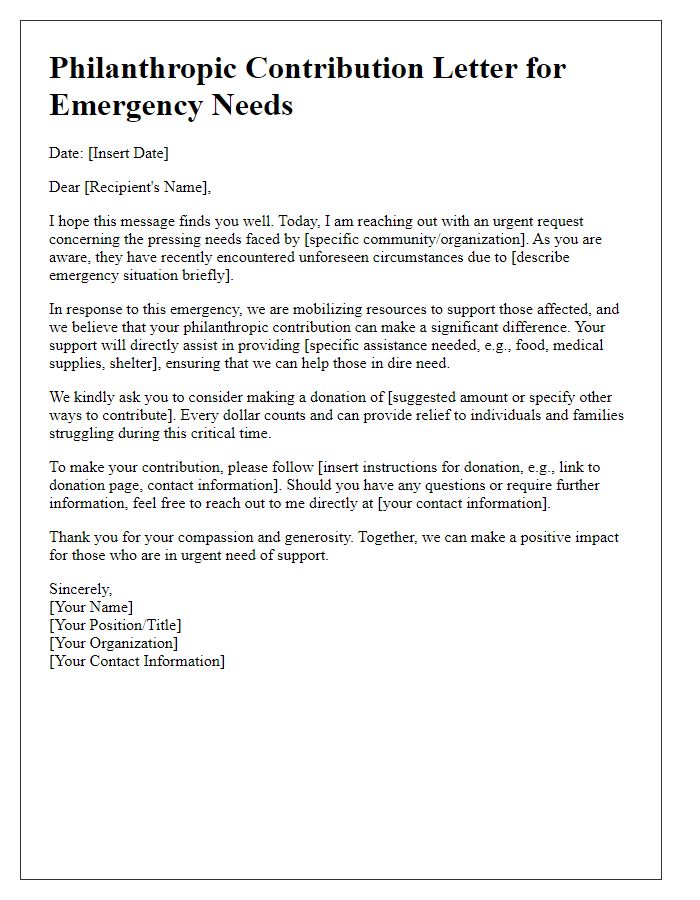
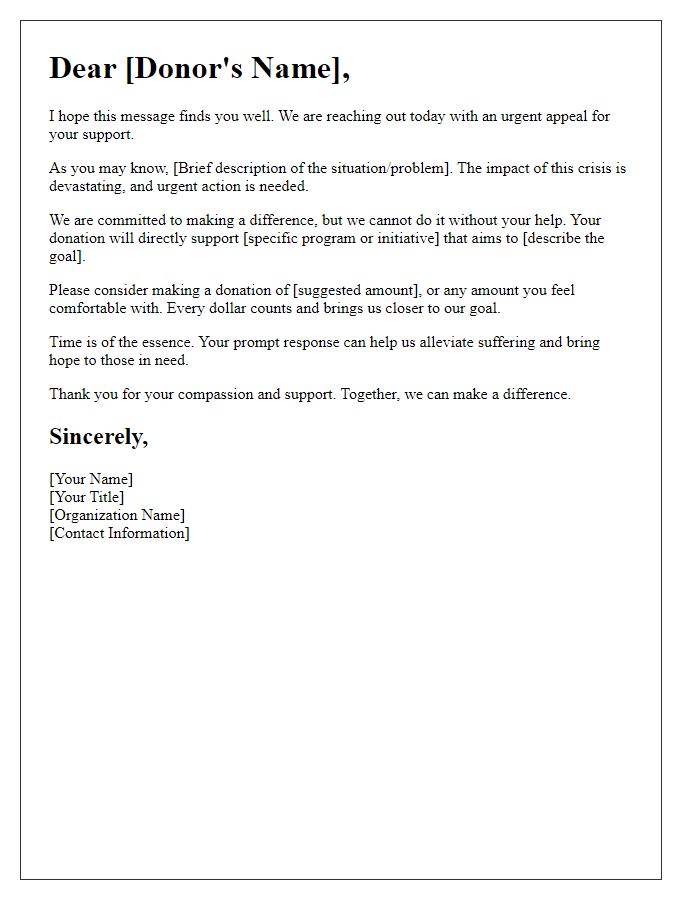
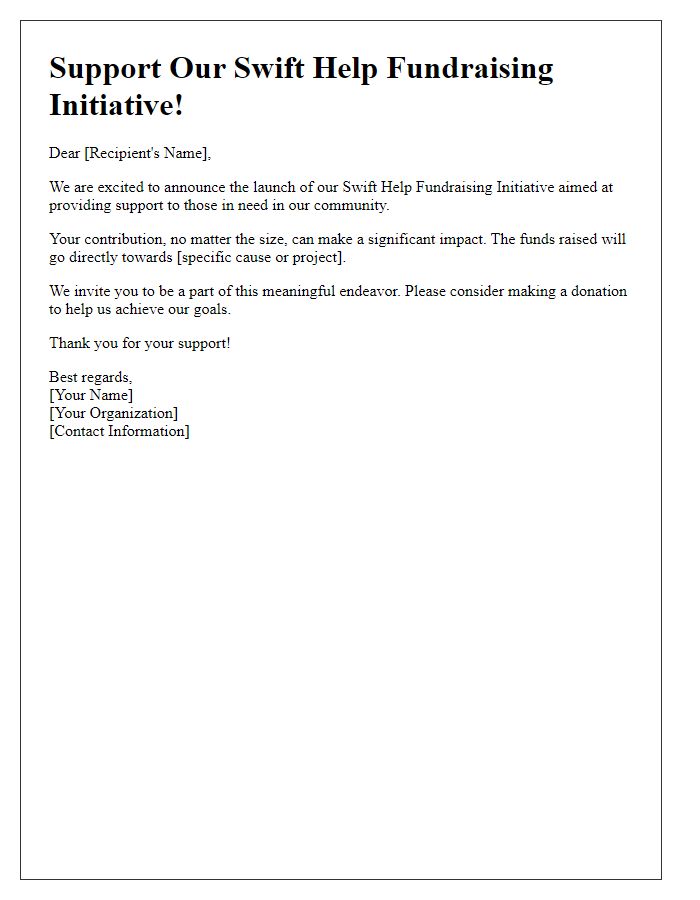


Comments